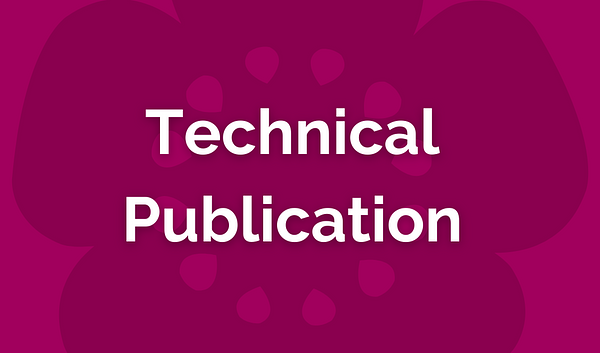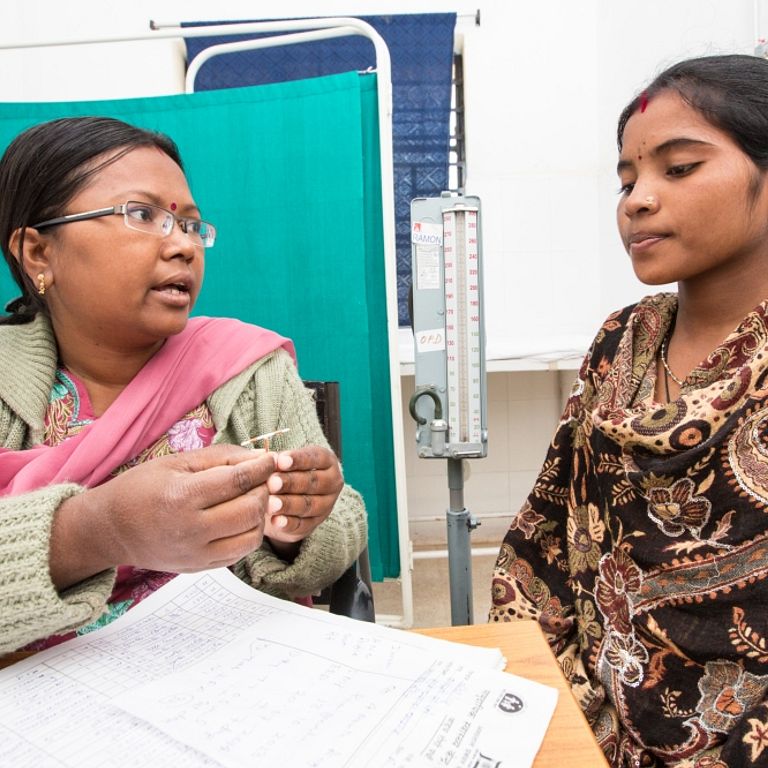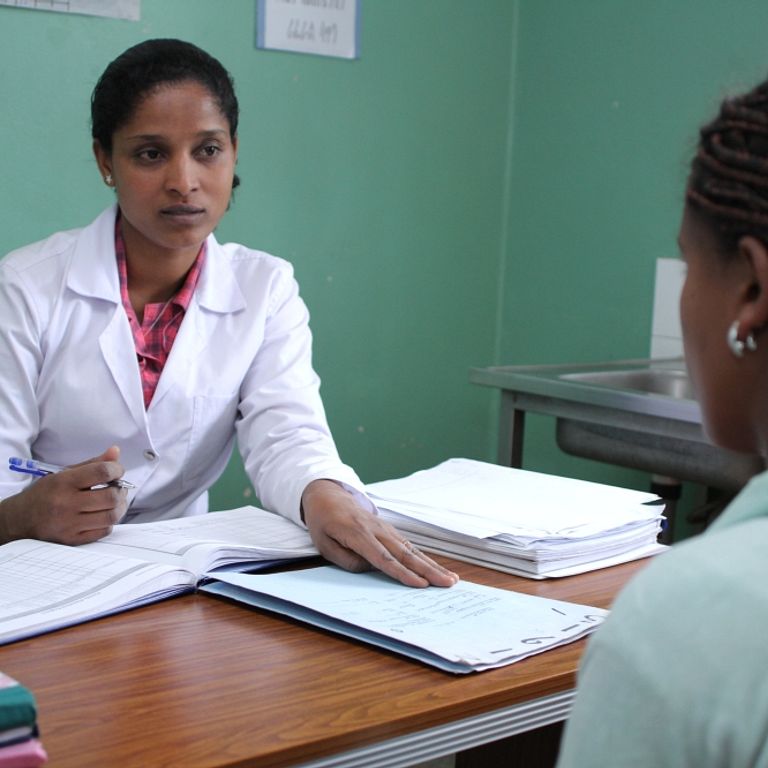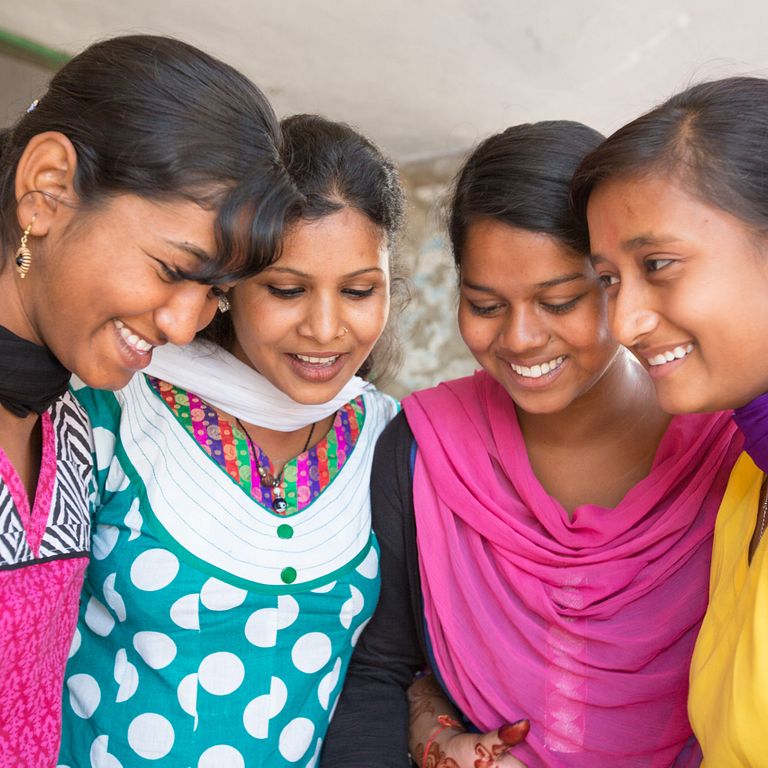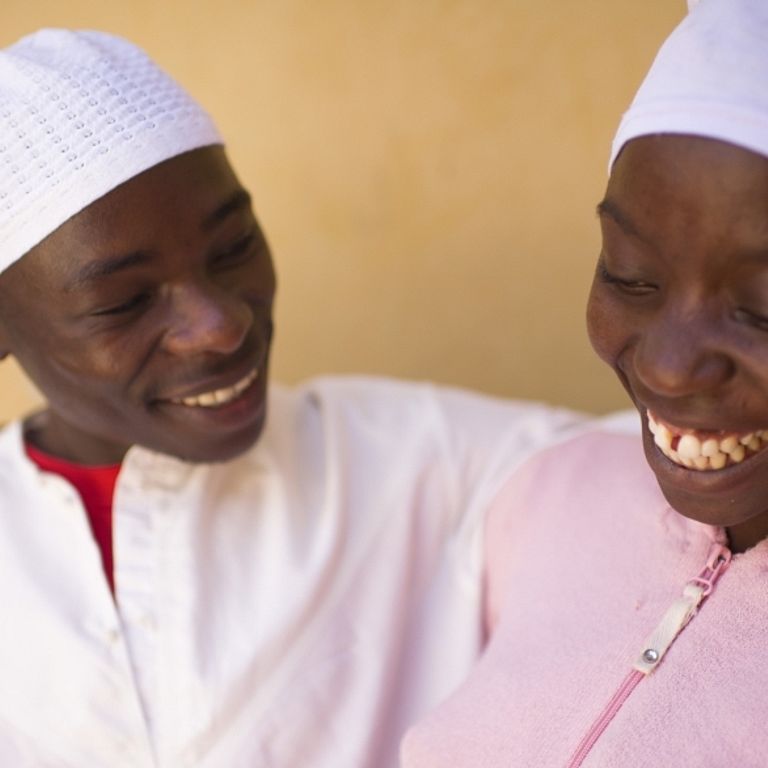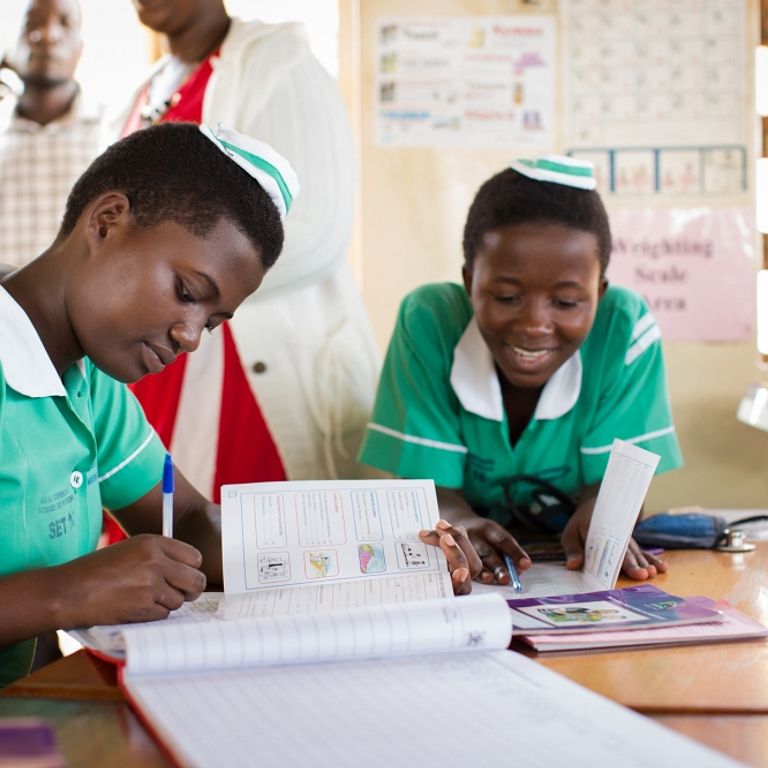TARUNYA—Adolescent Health and Development

Guttmacher Institute estimates that 2 million adolescent women across India have an unmet need for modern contraception. India’s Ministry of Health and Family Welfare’s adolescent health program called Rashtriya Kishor Swasthya Karyakram (RKSK), targets adolescents aged 10 to 19. The RKSK program represents a shift from facility-based, curative clinical service delivery to a more holistic approach that emphasizes community-based health promotion and preventive care. The community outreach program includes several components, including peer education, adolescent health days, adolescent-friendly health clinics, and adolescent-friendly clubs.

EngenderHealth works with governments and local civil society organizations (CSOs) to coordinate adolescent SRHR initiatives. This includes helping governments and CSOs improve the spaces where adolescents can access SRHR information and services and supporting CSOs in increasing awareness among adolescents, parents, and other influential community members. EngenderHealth’s approach leverages the expertise, resources, and commitment of nongovernmental organizations and the government in support of this holistic adolescent health program.
Between January 2017 and September 2023, the TARUNYA project demonstrated significant progress in strengthening facility-based services and increasing the availability of community-based adolescent-friendly information and services in select districts of Bihar, India. As a result of interventions undertaken during this time, the project has reached a total of 884,907 adolescents—49% of whom were girls and 51% of whom were boys—with health information and services in three districts of Bihar. A study to examine the impact of the program’s community-based, peer education intervention suggested adolescents who took part in peer education increased their knowledge and perceptions of sexual and reproductive health issues compared to those who did not participate.
